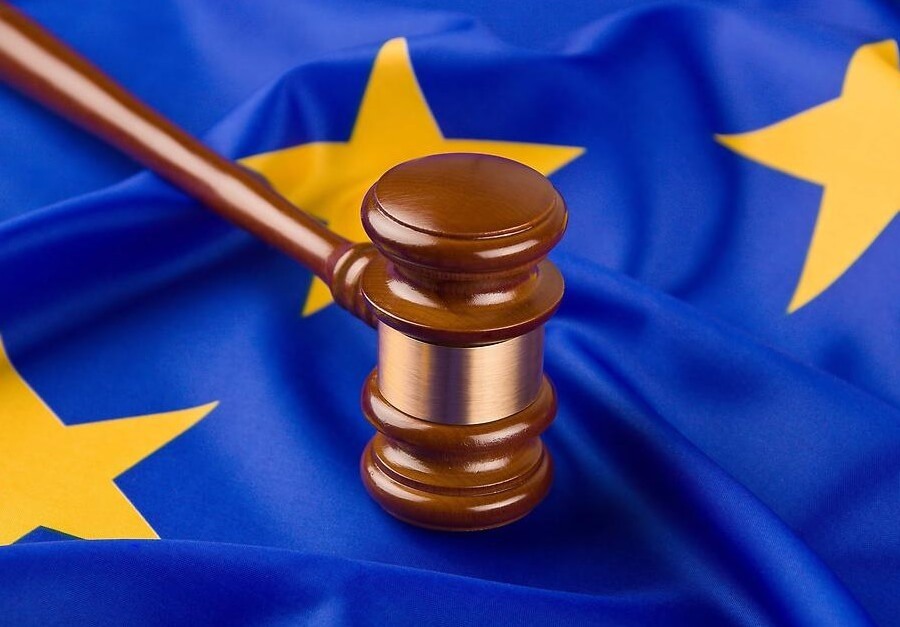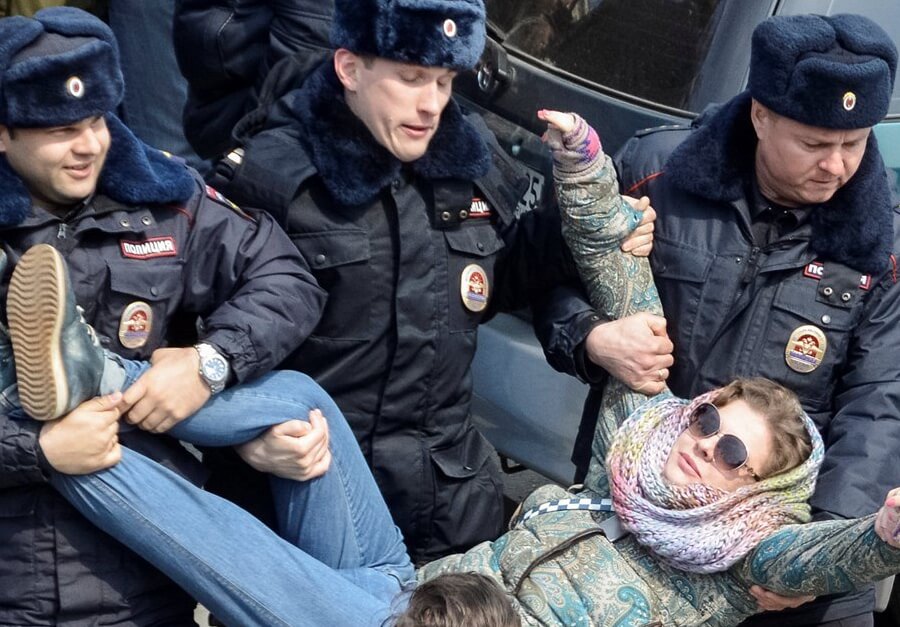Wanted and desired
The world-famous director Roman Polanski is still on the INTERPOL`s international wanted list for the crime he committed in 1977. The US government is still hoping to extradite Polanski, this time requesting his extradition from the director`s homeland, Poland.
In the remote year of 1977, Polanski was charged with unlawful sexual intercourse with Samantha Gale, who was then 13 years old, “committing a lewd or lascivious act on a child, furnishing a controlled substance to a minor, rape by use of drugs, perversion and sodomy”. The case was referred to judge Laurence Rittenband, quite famous in the bohemian circles of Los Angeles. He presided over the trials of Elvis Presley`s divorce case, Marlon Brando`s guardianship case and Carry Grant`s affiliation case. His colleagues and Polanski`s team of lawyers, in their interviews for Marina Zinovich`s documentary “Roman Polanski: Wanted and Desired”, say that judge Rittenband was also a director to some extent: he was a very strict judge, who would control the course of the trials, give commands as for who, when and what should say and, in the first place, control the mass media. He enjoyed presiding over the trials of the Hollywood stars and to be in the center of attention, and Polanski`s case was so much celebrated, that the judge couldn’t just let the chance to show off slip away.
As it has been mentioned above, judge Rittenband was very austere, and would always lay his own terms in settling a case. If the suspect disagreed with the conditions, the judge would totally destroy him in the court. In the case of Polanski, the director pleaded guilty in the most severe crime – unlawful sexual intercourse with a minor.In exchange for his claim the judge was supposed to abridge a sentence. Judge Rittenband promised Polanski`s lawyer that Roman would serve a 90-days sentence in the Chino prison for man, federal district San Bernardino, for a psychiatric examination. All of this was happening in the period when Polanski was working on “Hurricane” and the film producer required his presence in Europe. Then judge Rittenband granted Polanski permission to leave America, finish his work and get back to the US within 90 days. While shooting in Europe, Polanski decided to visit his old friend and together they went to the Oktoberfest in Munich in the company of a couple of women. Later that week the photo of the director hugging some unknown woman was in the newspaper columns. The picture was quite innocent, but judge Rittenband got furious seeing it. He immediately ordered Polanski to return to California. After his return, Roman spent 42 days in the prison, which was the least number of days spent by a prisoner in Chino.
But things were much worse than it seemed to Polanski and his lawyers, who had no idea what the judge was about to do. The public opinions were divided – the majority supported Polanski, but there were also those, for whom his short imprisonment was nonsense. They believed he was a rapist who must have served the full sentence, which would approximately be 50 years. For them 42 days of imprisonment were kind of impunity.
There were many questions to judge Rittenband about what he was going to do with Polanski and once he answered: “Polanski thinks that I will let him out but this will never happen. We are going to lock him up till the end of his life.” The judge informed Polanski`s lawyer and the prosecutor that he was about to cancel the deal because he received too many negative comments on the director`s release. Rittenband planned to make an official statement for the mass media in which he would incarcerate Polanski for a longer term than he would actually do. The only people who would know about it would be Polanski himself, his lawyer and the prosecutor. Rittenband tried to assure the lawyer that they could trust him, but what he was really planning was to deport Polanski from America, though legally it was under not his jurisdiction. Lawyer Dulton shared his thoughts with Roman. After their private talk Polanski immediately bought a one-way ticket to France and fled the country.
Thanks to the system of the international protection, Polanski found shelter in France, the country which does not extradite its citizens to the USA. That is why the US government used its chance in 2009 when Polanski left France for Zurich Film Festival, where he was arrested at the airport. As in the INTERPOL`s database he has been on the red notice list since 2005, American government requested his extradition. On 12 July 2010 Polanski was released, but his name is still on the international wanted list because he fled the US before the final verdict was announced.
In the beginning of 2015, the USA requested his extradition again, but this time from Poland. The director agreed to cooperate with the Polish authorities because, as he said, he trusts Polish legal system. The victim, Samantha Gale, has already submitted a petition to the court a couple of times, where she asks to exculpate Polanski. The representative of the Krakow district court informed Polish newspapers that she wished the case not to be confidential and required all the trials to be held secretly. It has recently become clear that this time the process will definitely last longer than one month.
The Polish Court does not make any decisions on extradition but it rather permits or bans the decision of the Ministry of Justice whether Polanski should be extradited to the USA or not. The chances, that the Polish authorities will reject the US government`s request, are quite fair, as the crime he committed in 1977 may not be applicable to the main principle of extradition, double criminality. According to the Polish law, all time limitations have expired. Extradition between the USA and Poland is implemented on the basis of the Poland-USA Extradition Treaty signed on July 10, 1996.





